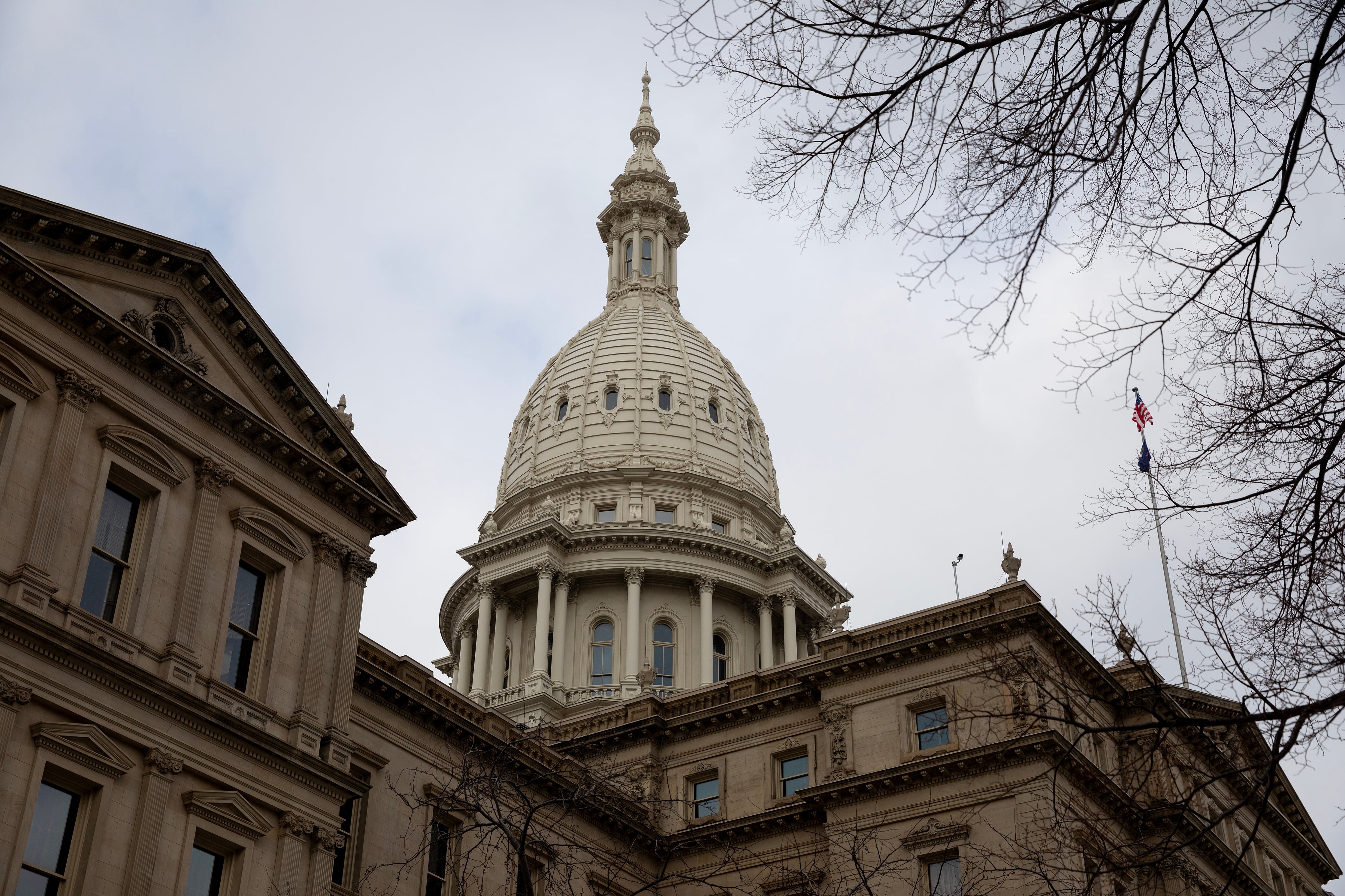Sign up for Chalkbeat Detroit’s free newsletter to keep up with the city’s public school system and Michigan education policy.
House Republicans want to change who has the power to appoint the state’s superintendent of public instruction — potentially stripping the State Board of Education of one of its key functions — because they say Michigan’s education system is failing.
A House joint resolution seeks to alter the state’s constitution to give the governor control over the appointment, with the advice and consent of the Senate. The proposal comes as the state’s current superintendent is set to retire in the fall and, if it passed, would go into effect after Democratic Gov. Gretchen Whitmer’s term ends.
The State Board of Education currently has the sole hiring and firing power for the position. The elected body has held that authority since 1963.
The resolution is tied to a bill that would require state board seats to be elected from geographic districts. Board seats are currently at-large, meaning whichever candidate wins the most votes wins the election, no matter where they live.
Democrats have controlled the board for much of the last two decades.
The Republican members of the House education committee voted to move the proposals forward to a vote in the full legislative body.
In order to become law, the resolution would have to be approved by two-thirds of the Republican-controlled House and the Democratically controlled Senate. It would then go before voters in the November 2026 election. If passed into law by a majority of voters, the new regulations would go into effect after Jan. 1, 2027.
Under the proposal, the state superintendent would serve a term of up to four years, as determined by the governor.
The current law allows state superintendents to remain in their positions either until they resign or are removed by the state board.
Current State Superintendent Michael Rice has been criticized by Republicans and some Democrats — including Whitmer — for the lagging academic performance of schools in the state. He will leave his position Oct. 3, and the state board has already begun its search for his successor.
“Clearly, what we are doing is not working,” said state Rep. Bill Schuette, a Republican from Midland, citing the state’s results on recent state and national assessments during a recent House Education and Workforce Committee hearing.
“You look across the country, we are one of the only states that has a so-called independent head of its education department, and I believe that this, in practice, has removed an important element of accountability from our state’s public education system,” Schuette added.
Rep. Regina Weiss, a Democrat from Oak Park, said during the hearing there are concerns the position could become more partisan if the change is made because the State Board of Education’s staggered eight-year terms offer more consistency.
Schuette argued that because governors are elected every four years, there would be more accountability to constituents.
“If you have a governor who wants to implement reforms or changes, and that person has a mandate directly from the people and the governor, I think that it is a better way to execute that accountability,” he said.
Schuette said he is also in favor of eliminating the state board entirely, though there are no formal proposals to do so yet.
The state board’s power has been reduced significantly over the years, particularly under the initiatives of former Gov. John Engler, a Republican who transferred a number of the board’s responsibilities to the state superintendent.
Currently, the board’s role is to establish academic standards, as well as make policy recommendations to local districts and lawmakers. It does not have the power to pass laws or to control school funding.
This month, the state board unanimously passed a resolution to oppose the proposal to strip it of its power to appoint the state superintendent.
The members agreed the potential for state education policy to change frequently due to “short-term, flashy” initiatives of new governors would cause “confusion and frustration” among school leaders.
Tom McMillin, a Republican member of the state board, said during the meeting that he’s long opposed previous efforts to shift the power of appointing the state superintendent to the governor.
“The architects of Michigan’s 1963 constitution were wise to recognize that giving too much power to the governor would be harmful and that providing authority and oversight of education to a separately elected board would be beneficial to Michigan’s children,” McMillin said in a statement. “This separation of power should remain.”
Hannah Dellinger covers K-12 education and state education policy for Chalkbeat Detroit. You can reach her at hdellinger@chalkbeat.org.
April 22, 2025: A previous version of this story said Schuette is from Gladwin County. The story has been updated to reflect that he lives in Midland.






